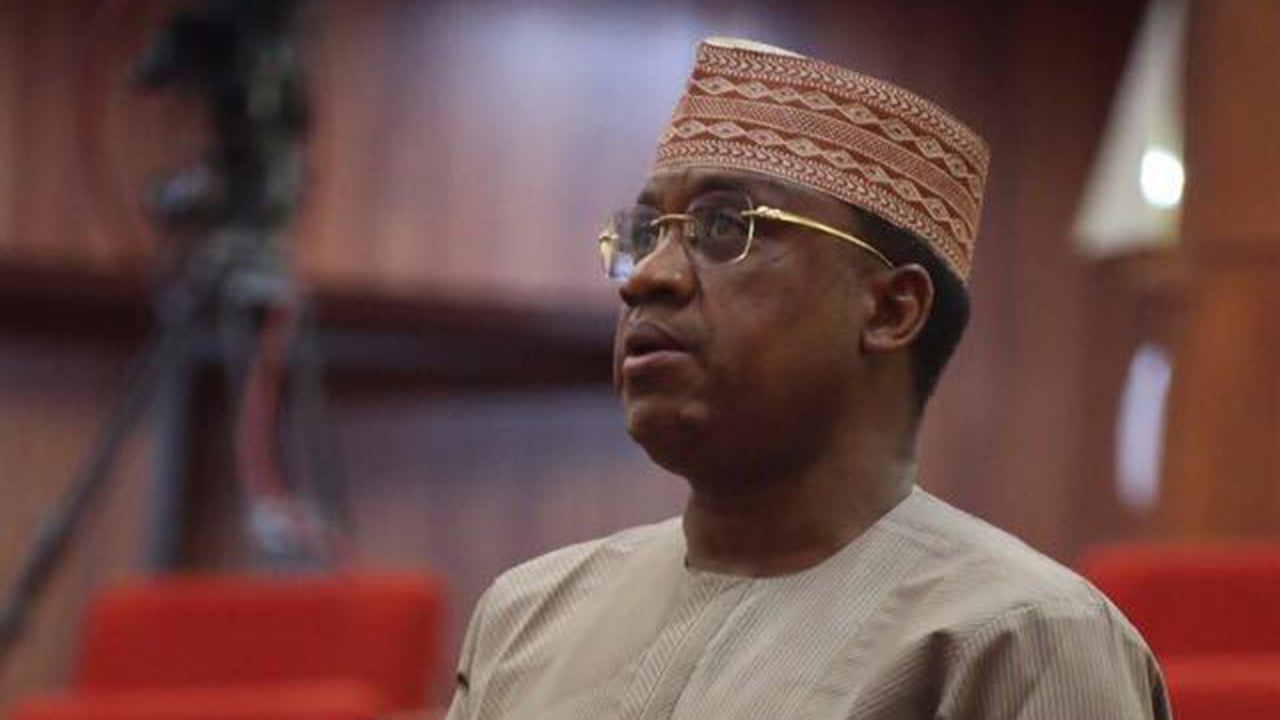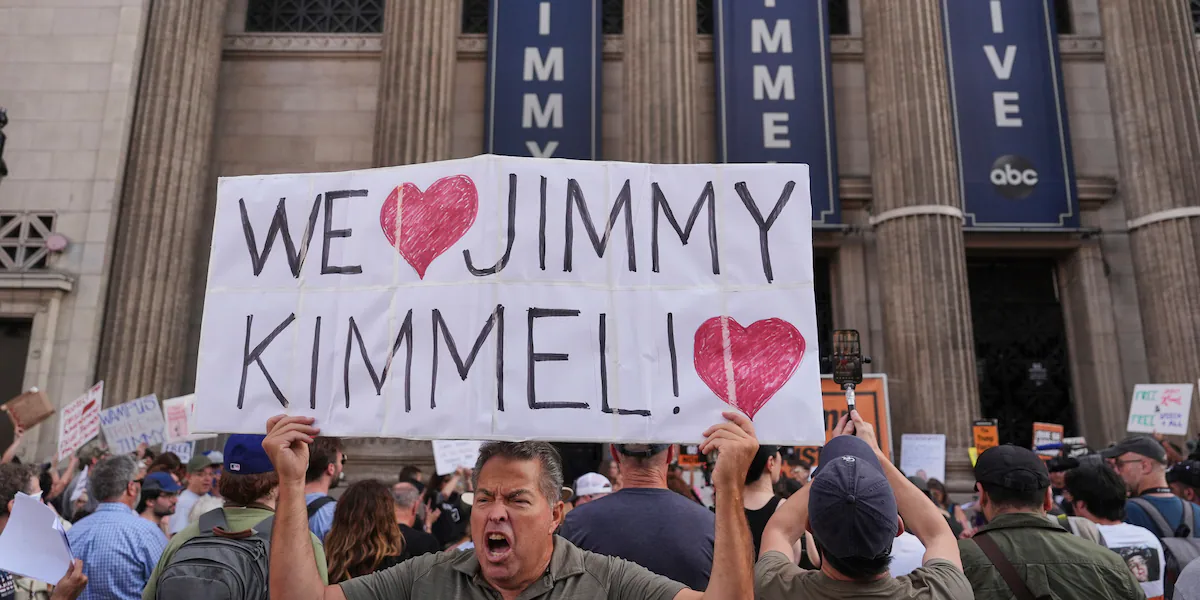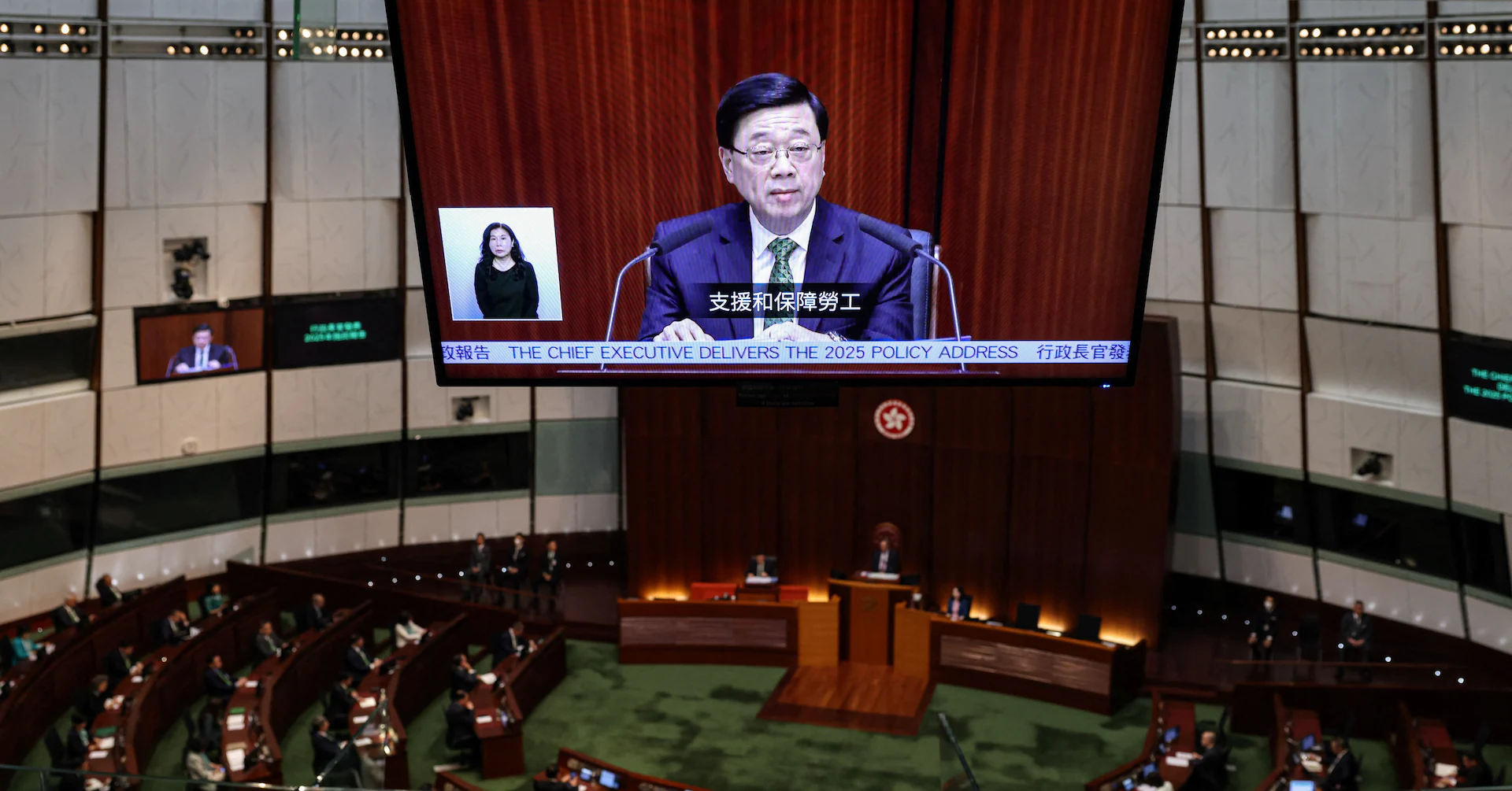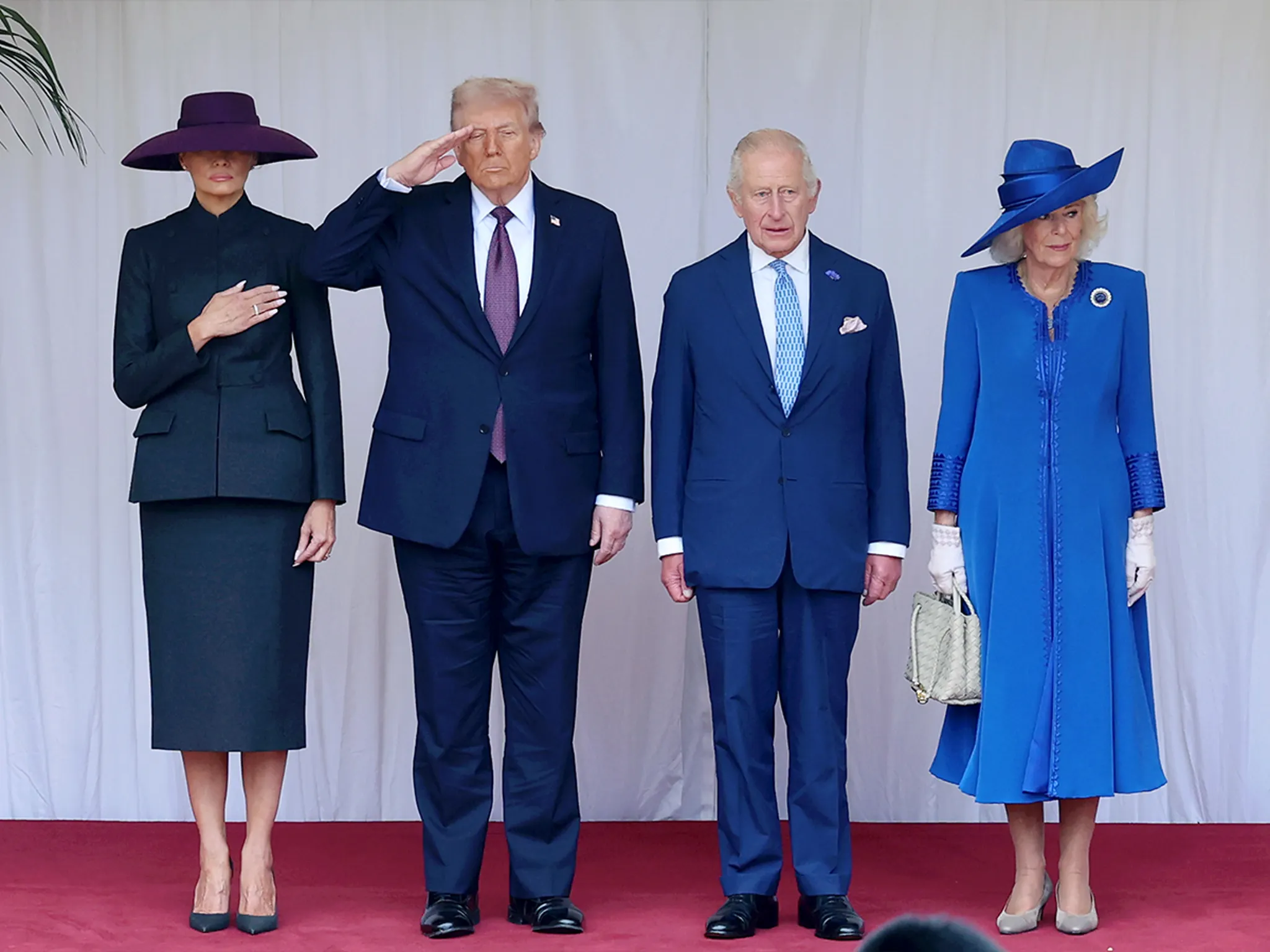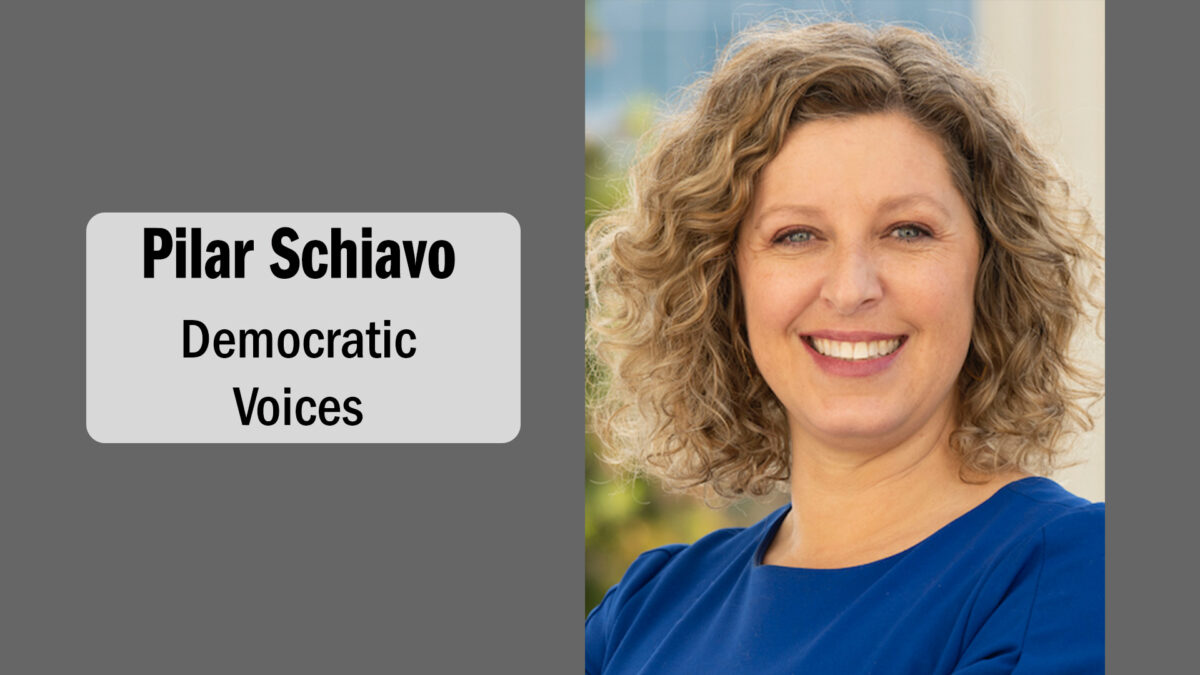
Starting in kindergarten, we learned to pledge allegiance to our flag. Every day we are on the Assembly floor, we pledge allegiance to our flag, too. And often, it can be like muscle memory, as if you’ve said the words so many times you don’t have to think about their meaning. The word “indivisible” — that we are a nation that cannot be divided — is such an important message that is often overlooked.
In recent years, the United States has shown the opposite of being “indivisible,” as we’ve witnessed a deepening and dangerous division in politics. What was once a principled debate of ideas between Republicans and Democrats has not only stalled legislative solutions to changes that we all agree on, like increased community safety, it has also impacted civil discourse, torn communities and families apart, and, most disturbingly, endangered and taken lives.
The growing political division is complex, fueled by hyper-partisan media and social media echo chambers with algorithms designed to profit off of our doom scrolling — narrowing our viewpoints and the information we see — as well as decades of growing mistrust in our institutions. However, the consequences of this division are painfully clear. Our politics no longer revolve around policy disagreements, but have turned into identity wars where opposing views are treated as evil and as threats rather than simply people with differing views. This is when it becomes easier to justify hostility, dehumanize, and even become violent. It’s unacceptable.
Let’s be clear though, that racism, sexism, homophobia, transphobia, and other hatred is not a “differing viewpoint.” That kind of targeting of an individual’s humanity cannot be condoned, and is not what I am referring to above. However, even hate speech, which is protected under the First Amendment, should not be met with violence.
The cost of the deepening animosity between political parties and perspectives in our country has been significant. In 2011, Democratic Congresswoman Gabby Giffords was shot in the head during a constituent meeting in Tucson, Arizona. Six people were killed in the attack, and 13 others were injured. In 2017, Republican Congressman Steve Scalise was critically injured during a mass shooting at a GOP baseball practice in Virginia. Scalise nearly lost his life, and several others were injured. There have even been two attempts on President Donald Trump’s life.
More recently, just this year we saw two Minnesota Democratic representatives and their spouses shot in their homes while they slept, resulting in the murder of the speaker of the Minnesota House of Representatives, Democrat Melissa Hortman, and her husband. Representative John Hoffman and his wife were both shot and fortunately survived. Democratic Pennsylvania Gov. Josh Shapiro had his home firebombed while he and his family slept. And on Sept. 10, Republican activist Charlie Kirk was on stage at a speaking engagement on a college campus when he was killed.
This is horrifying, it’s getting worse, and we must reverse this trend.
The threat is not limited to national figures. I and many colleagues have had threats personally and against our children and family members. Election workers, school board members, state and local officials from both parties have reported threats, harassment, and in some cases, physical attacks simply for doing their jobs or expressing their views. Many have resigned, and many more are not running for office or serving their communities because they are afraid.
What’s also alarming is when some elected leaders and influencers, rather than calming tensions, pour gasoline on the fire with inflammatory rhetoric, misinformation and dehumanizing language about their opponents. We’ve seen this in the aftermath of Charlie Kirk’s assassination and previous attacks.
But it doesn’t have to be this way.
We are not helpless bystanders. We, the people, have the power — and the responsibility — to change course. It starts with rejecting extremism in all its forms, regardless of party. It means calling out dangerous rhetoric, even when it comes from “our side.” It means choosing to listen, to empathize, and to speak with humility rather than anger. It means taking a breath and pausing for a moment in the light-speed news and social media cycle, because choosing not to immediately decide, not to immediately react, is a conscious choice.
Our differences as Americans are real and important. As I have seen in the Legislature, those different ideas force compromise, creative solutions, and laws that better reflect all of California. Debate and dissent are cornerstones of democracy. But we must relearn how to disagree without demonizing. The alternative is a continued descent into division so deep that needed collaboration becomes impossible. It keeps me up at night, because I love our community and our country, and I want so much more for us than what we are seeing now.
We must remember that our neighbors, co-workers, and family members are not our enemies just because they have different beliefs or different ways of solving the same problem. They are someone’s child, mom or dad, grandparent, and fellow citizens who love this country. Healing our political culture won’t be quick or easy, but it begins with a choice — a choice to be better, kinder and lead with your heart in the face of rage. And for those of us who are leaders in our community, we must model the ability to respectfully disagree, to speak to the humanity of even those we deeply disagree with, and also speak against political violence in all of its forms.
America has faced deep divisions before. We know the terrible cost of unresolvable division. What we have before us, while certainly a challenge, can be overcome. We must allow space for opinions that challenge ours to truly protect our democracy. For the sake of our children, our families and our community — being indivisible is our only hope.
Pilar Schiavo, D-Chatsworth, represents the 40th Assembly District, which includes most of the Santa Clarita Valley in addition to the northwest San Fernando Valley. “Democratic Voices” appears Tuesdays and rotates among local Democrats.
